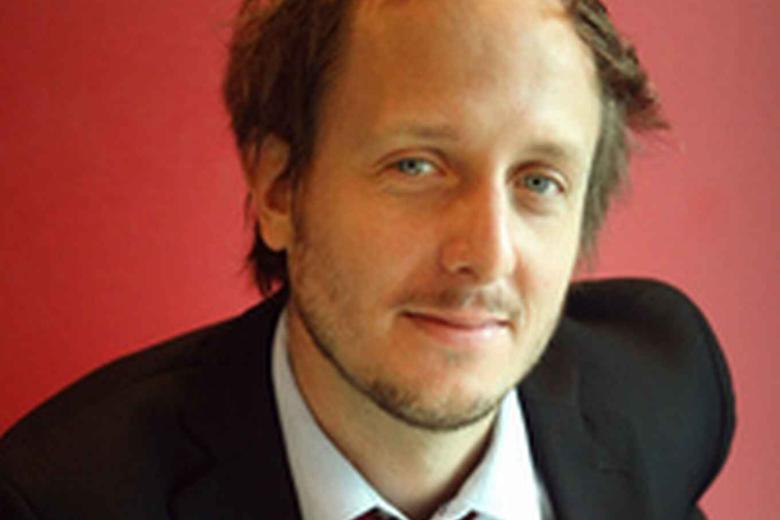Introducing Christian Ernsten
My name is Christian Ernsten. On 1 April 2018 I joined FASoS as a researcher in heritage studies at the Department of History. I’m affiliated with the Maastricht Centre for Arts and Culture, Conservation, and Heritage (MACCH) and I’m lecturing in the Arts and Heritage master.
Joining FASoS gave me the exciting opportunity to develop an ethnographic investigation into the ecological restoration of the Meuse river as well as the Sint Pietersberg’s post-mining landscape, as part of a broader discussion on the coloniality of nature. I’m interested in articulating an integrative approach to cultural heritage and natural heritage. Concurrently, I’m reworking my PhD thesis Renaissance and Revenants in an Emerging Global City into a monograph. This thesis looks at how contemporary Cape Town is reinvented and haunted at the same time by utopic visions of regeneration, on the one hand, and by the unresolved traumas of the past, on the other. Taking an interest in questions of theory, method and practice, I apply a series of transdisciplinary research strategies in my projects, including embedded ethnographic research, walking as a form of embodied research, and photographic recordings.
Before joining Maastricht University, I worked as lecturer in cultural heritage and museology at the Reinwardt Academy of the Amsterdam University of Arts. I hold a PhD from the University of Cape Town. In a previous life, I directed the Amsterdam-based design and action collective Partizan Publik, as well as the Amsterdam 4 and 5 May committee, the organization that coordinates the WWII commemorative events in the city of Amsterdam. I also worked as an editor at Volume magazine, a quarterly for architecture and visual culture founded by Rem Koolhaas.
Also read
-
Globalisation & Law Network seminar with Rodrigo Vallejo Garretón
On 4 July 2025, the Globalisation & Law Network had the pleasure of welcoming Dr Rodrigo Vallejo Garretón, Assistant Professor in Private Law at the University of Amsterdam.

-
Language policy in European higher education
The increased Englishization of higher education is under discussion in several European countries. What does a balanced language policy look like that does justice to both the increasingly international character of higher education and a country's language-related cultural identity? At an...

-
A pinch of LSD, taken twice daily with meals
Fast forward to 2040: if you have ADHD or another psychological disorder, the doctor may no longer prescribe Ritalin or antidepressants, but instead a low dose of magic mushrooms, truffles or LSD. Associate professor Kim Kuypers is studying the use of psychedelics as potential medicines of the...
